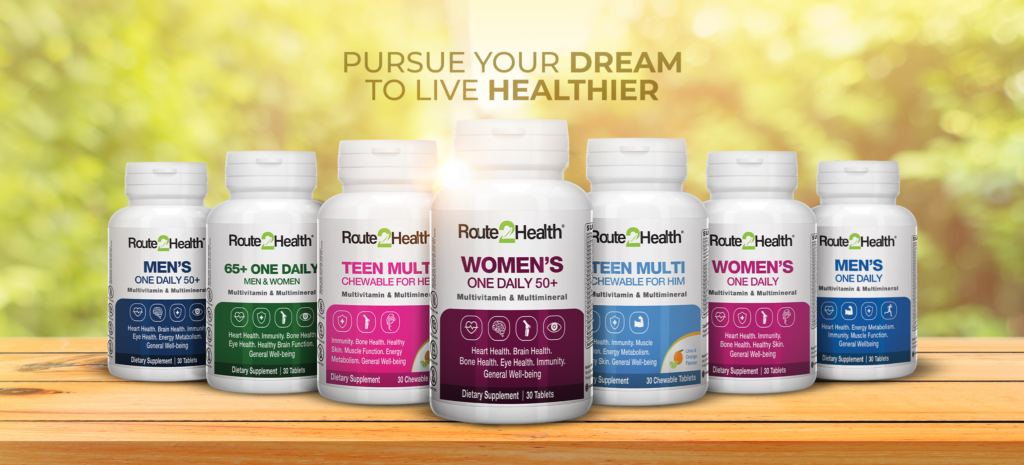
Berdi
urinary Track Health
Choosing the right supplements can be a daunting task, given the vast array of options available in the market today. With so many different brands and types of supplements claiming to provide various health benefits, it’s essential to know how to make informed choices. In this article, we’ll walk you through the process of selecting the right supplements that align with your specific health goals. Whether you’re new to the world of supplements or a seasoned user, these tips will help you make better decisions for your well-being.
When it comes to supplements, there is no one-size-fits-all solution. Your body has its own unique requirements, so it’s crucial to identify your specific needs. Start by considering your age, gender, and any existing health conditions. Consulting with a healthcare professional can provide valuable insights into what supplements are best suited for you.
The first and most crucial step is to identify your health goals. Whether you’re aiming for better immune support, improved energy levels, or a specific health condition, understanding your objectives will guide your supplement choices.
Before adding any new supplement to your regimen, it’s wise to consult with a healthcare professional. They can provide valuable insights and guidance, ensuring your supplement choices are safe and compatible with your existing health condition.
Quality is key when it comes to supplements. Look for reputable brands that adhere to good manufacturing practices (GMP). These companies ensure the quality, safety, and potency of their products.
Always go for reliable brands like Route2Health that manufacture supplements USP quality systems and Good Manufacturing Practices (GMP).

Pay close attention to the supplement labels and ingredients. Consider the following points while reading a label.

Some supplements may contain harmful additives or fillers. Ensure that the supplements you choose do not have any unnecessary or potentially harmful substances.
Proper dosage and timing are crucial. Follow the recommended dosage on the product label and consult with your healthcare provider for personalised guidance.
If you’re taking any prescription medications, be aware of potential interactions. Consult your healthcare provider to prevent any adverse effects.
Choosing the right supplements like the ones by Route2Health is essential for achieving your health and wellness goals. By understanding your objectives, consulting with healthcare professionals, and doing thorough research, you can make informed choices that will benefit your overall well-being.
Prioritise reputable brands like Route2Health, check for third-party testing and ensure the supplement aligns with your specific health needs and goals.
Supplements are meant to complement a balanced diet, not replace it. Focus on whole foods and use supplements to fill nutritional gaps if needed.
Multivitamins, omega-3 fatty acids, and vitamin D are commonly recommended for general health, but individual needs vary, so consult a healthcare professional.
Choose supplements from reputable sources, look for third-party testing certifications, and consult healthcare professionals for personalised recommendations.
Yes, it’s crucial to consult with a healthcare professional to assess individual needs, and potential interactions, and to ensure supplements align with your overall health strategy.











©2023 Route2Health®️
NTN: 2229383
AN ASSOCIATED COMPANY OF HIGHNOON LABORATORIES
STRN: 0301999937728

WhatsApp us
